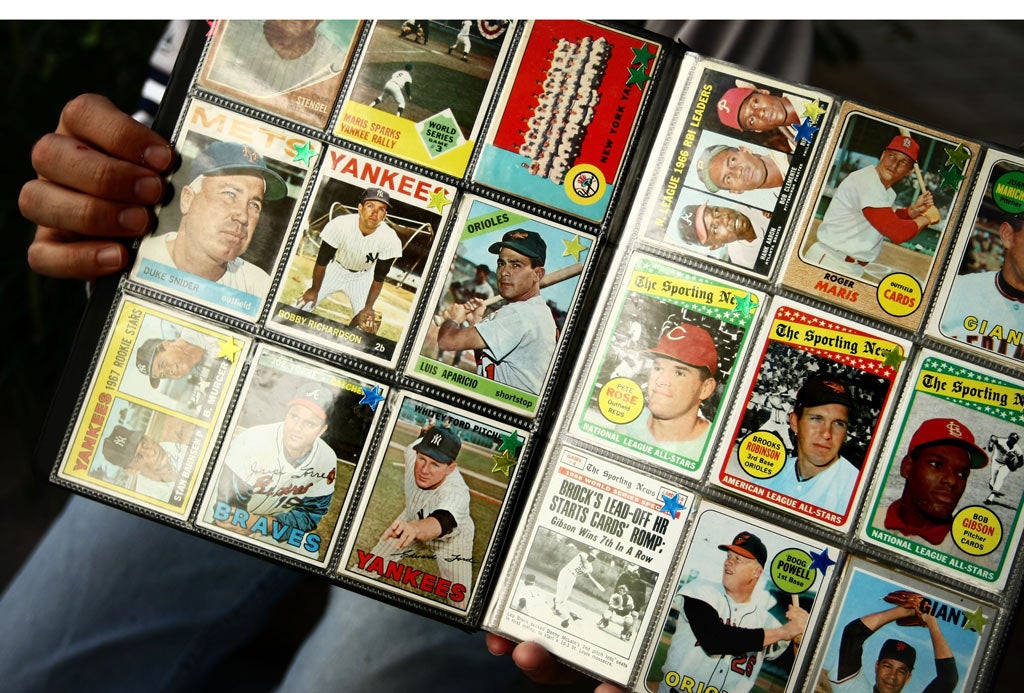Will Dean's Ideas Factory: Maryland looks up as it starts to run out of space

Maryland, state of salty cookies and The Wire, isn't very big. It aso provides much of outlying areas of two huge cities – Baltimore and Washington, whose workers' desire for suburban homes has fuelled an urban sprawl into the countryside. In short, space is running out.
It's for this reason that its Governor Martin O'Malley has unveiled Plan Maryland. This will encourage high-density (and higher-rise) residential and commercial building based around existing infrastructure (ie, train stations). The aim is to combat the suburban sprawl that has filled up farmland and to reduce commutes.
By 2035 it aims to have introduced one million citizens into more walkable, less car-reliant places, thus attracting them back into city areas. It sounds exactly like the kind of policy that planning experts, environmentalists and thinkers like Edward Glaeser (we recommend his book Triumph of the City) have been extolling for years. O'Mally sold the plan to The Atlantic thus: "Maryland commute times average 32 minutes, which is now longer than New York and New Jersey. The 700-plus million hours we wasted commuting during 2009 [has an estimated] $9 billion value."
Rural officials, worried about their planning power, have already reacted angrily to the plan and, weirdly, British climate change denier Lord Monckton, also spoke against it at a forum on the plans on Monday. If Monckton is dead against it, then O'Malley must be thinking along the right lines.
Read more: ind.pn/planmar
It's the Microsoft future – and it looks like Minority Report
We're not quite sure what the ethics are on creating a promotional film for products that don't actually, er, exist yet. But – annoyingly – that doesn't make this new seven-minute concept film for Microsoft's office suite of the future any less cool.
[At this point, we'd like to make clear that Bill Gates has not made a direct investment into the Ideas Factory's pockets (yet).]
Set an optimistic five to 10 years in the future, it follows an executive and mother as she connects with her business and husband and daughter at home via ultra-smart phones (thin bendy screens with augmented reality interfaces – drag a recipe on to the wall, why don't you?) There are also glasses that translate languages and fridges that give you a graphical summary of what's left inside. PowerPoint it isn't but, to be fair to the PC giants, it does look exciting – like Minority Report, as one friend put it on Twitter.
One assumes Steve Ballmer and colleagues won't be adding PreCrime Reports to Excel's spreadsheet functionality just yet.
Watch the film: ind.pn/minrepoffice
Strike out – can an eBay baseball trade prove the power of racism?
A market cannot work properly if factors such as race influence pricing. It's basic economics. But research from a trio of US academics on the biggest second-hand market of them all – eBay – suggests that, consciously or not, your race can affect the price of an item on the online auction site.
Yale's Ian Ayres and Christine Jolls and Harvard's Mahzarin Banaji experimented by auctioning off baseball cards held up in the hands of both black and white sellers to see if there was a difference in what eBay buyers were willing to pay to each.
The trio sold 394 cards of modest value ($5-$8 – expensive ones are more likely to be forgeries) via the black and white accounts and found that "cards held by African-American sellers sold for around 20 per cent ($0.90) less than cards held by Caucasian sellers," and that "race effect was more pronounced in sales of minority player cards".
This suggests that even in an environment as "fair" as an eBay auction (all the sellers had good feedback), racism – conscious or not – can remain entrenched.
Read the report: ind.pn/ebayrace
The ultimate in rolling security
Fans of The Prisoner may recall Rover, the giant white ball that – despite looking like a gym accessory – was one of the most dangerous methods of control in The Village. Well, hurray for Swedish defence contractors... and say "hi!" to Groundbot™, the frankly terrifying security cam which can – via GPS, planned route or remote control – feed back footage to its operator while it rolls around on patrol.
The device is three years old, but has had a recent bump in interest thanks to a Wired blog. It's not quite as sinister as Rover though, it can be used for disaster recovery. Groundbot can also save security guards the trouble of leaving their desks.
Evil tycoons may also consider buying a fleet to follow and terrify their rivals and foes.
Read more: ind.pn/groundbot
Send us your Ideas Factory fuel
The Ideas Factory is a weekly round-up of the best, weirdest and most interesting new discoveries, theories and experiments from around the world. If you have an idea you'd like to share, I'd love to hear from you. You can email me on w.dean@independent.co.uk or tweet me at @willydean
Subscribe to Independent Premium to bookmark this article
Want to bookmark your favourite articles and stories to read or reference later? Start your Independent Premium subscription today.

Join our commenting forum
Join thought-provoking conversations, follow other Independent readers and see their replies